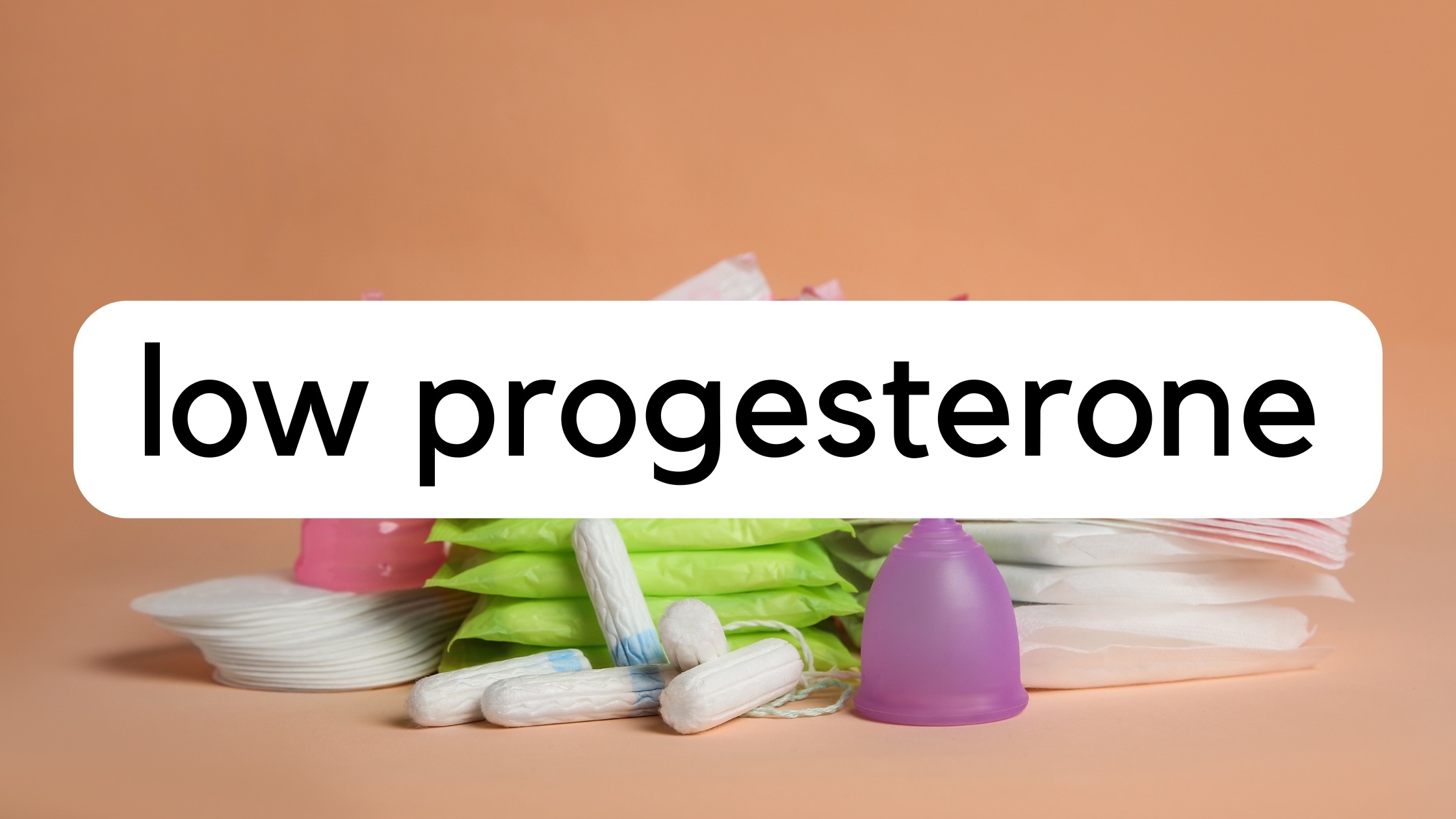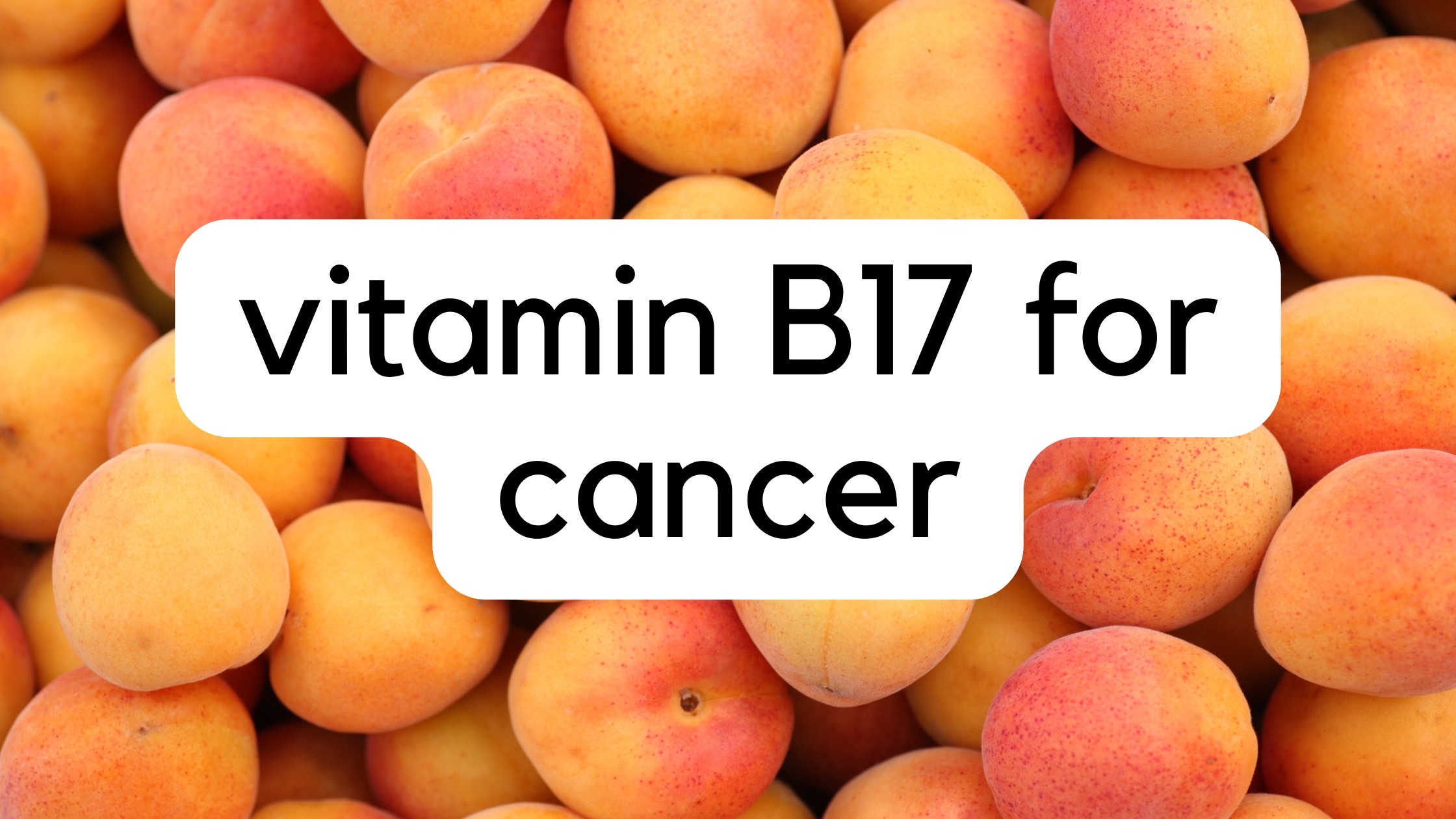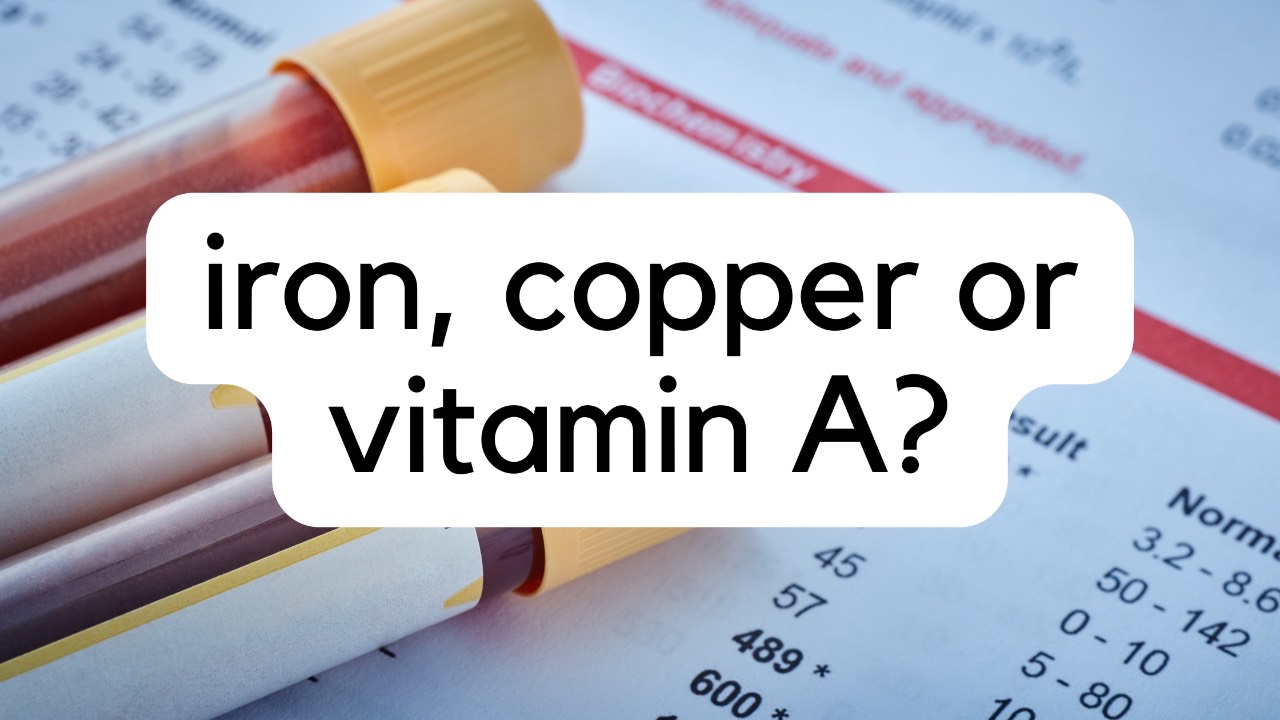
Think You Have an MTHFR Mutation? Here’s What It Really Means
Oct 20, 2025I wanted to share some helpful info about MTHFR for those of you who have a mutation (which is almost 85% of the population. This is important because it raises the question of whether this "mutation" was actually necessary to make it through evolution. But in this post, I want to talk more about how you can support your body.)
If you’ve ever stumbled across “MTHFR” online, you’ve probably heard scary language about “mutations,” “broken detox,” or “inability to methylate.” Many people walk away believing they’re genetically doomed or that their only solution is to take more methylated B vitamins.
The reality is far more empowering. MTHFR is not a disease, and methylation is not a detox pathway. They are part of a deeply intelligent electrical system that depends on your body’s energy and terrain. When you understand how that system works, you stop chasing mutations and start supporting the charge that makes everything run.
Methylation Is an Electrical Circuit, Not a Detox System
Methylation is how your body moves electrical charge through tiny chemical packets called methyl groups. Each methyl group is one carbon and three hydrogens. Think of it as a small spark of bioelectricity. Your cells pass these sparks from one molecule to another to activate or deactivate critical functions, from gene expression to hormone balance and neurotransmitter production.
Each time a methyl group is transferred, it uses energy. That energy comes from ATP. If ATP is abundant, charge flows smoothly, switches turn on and off as needed, and metabolism hums along. If ATP is low, the circuit falters.
Neurotransmitters shift out of balance, detox slows, and hormones lose rhythm. Most people call that “fatigue,” “anxiety,” or “hormone imbalance,” but at its core, it is a voltage problem, not a genetic one.
What MTHFR Actually Does
MTHFR stands for methylenetetrahydrofolate reductase. It is an enzyme that helps convert folate into its active, methyl-donating form. This is one step in a long chain of reactions that make methylation possible. Some people inherit variants that make this step slightly less efficient. But even then, the enzyme still works.
What matters most is the state of your terrain. If your ATP production, redox balance, and mineral charge are strong, even a “slower” enzyme can keep up. If your terrain is depleted, even a perfect gene cannot function well. The problem was never the gene itself. It was the lack of charge driving the system.
Why Methylation Matters for Your Health
Methylation influences nearly every system in your body:
- It helps regulate neurotransmitters like dopamine and serotonin, influencing mood, focus, and mental clarity.
- It is involved in estrogen metabolism and cortisol regulation, both essential for hormonal balance.
- It supports redox systems like glutathione, which are critical for detoxification and cellular protection.
- It influences how DNA is expressed and repaired, which impacts cell growth, immunity, and aging.
When methylation slows, high homocysteine can build up, increasing inflammation and damaging blood vessels. Cognitive function, mood, digestion, and liver detox can all be affected. None of this is inevitable. It reflects how well your terrain is handling charge transfer.
Key Nutrients That Support Methylation
While loading up on methylated vitamins alone is not the solution, certain nutrients do play essential roles in helping methylation run efficiently. Here’s why they matter:
- B2 (riboflavin): Acts as a cofactor for the MTHFR enzyme and supports the conversion of folate into its active form. Without adequate B2, even a healthy enzyme struggles to keep up.
- Choline and betaine (TMG): Provide alternative methyl groups and help relieve some of the demand on the methylation pathway. This supports healthy homocysteine levels and protects cardiovascular health.
- Creatine: Your body uses a significant portion of its methylation capacity to produce creatine. Supplying it through food or supplements frees up methylation resources for other tasks.
- Folate and B12: Provide the raw material for methyl groups and keep homocysteine in check. Focus on food-based folate from leafy greens and organ meats, and ensure adequate B12 for proper recycling.
- Glycine: Helps stabilize methylation and prevent mood swings or energy fluctuations. It also supports collagen synthesis and detox pathways.
Beyond these, minerals like magnesium, zinc, and sulfur, along with adequate protein and calories, are crucial to maintaining the terrain’s energy and redox balance. None of these nutrients work in isolation. They are part of a network that keeps charge flowing.
Rethinking the “MTHFR Mutation”
It is worth remembering that genetic variations in MTHFR are extremely common and, on their own, rarely cause disease. What they do is shift your nutrient requirements slightly. They may mean you need more riboflavin, choline, or folate from food. They may mean your body is more sensitive to low ATP or poor redox balance. But they do not mean your biology is broken.
The goal is not to “fix” methylation. The goal is to create the internal conditions where methylation runs effortlessly by restoring energy production, maintaining redox balance, keeping minerals replenished, and supporting the nutrients that power the system.
The Bottom Line
Methylation is not about detoxing or gene mutations. It is about how your body moves electrical charge through its networks to keep every system running. MTHFR is one small part of that process, and even genetic variants do not define your health.
When you shift your focus from “fixing” genes to recharging your terrain, methylation stops being a problem and starts being a powerful ally. The solution is not in pushing harder with more supplements. It is in supporting your energy, balancing your redox state, nourishing your cells, and letting biology do what it is designed to do.
👉 Have a question about this topic? Join my free community!
💌 Like what you're reading?
Join my insiders list for deeper insights, early access to new articles, webinar invites, and tools to support your healing journey.
🔒 I respect your privacy. Unsubscribe at any time.





